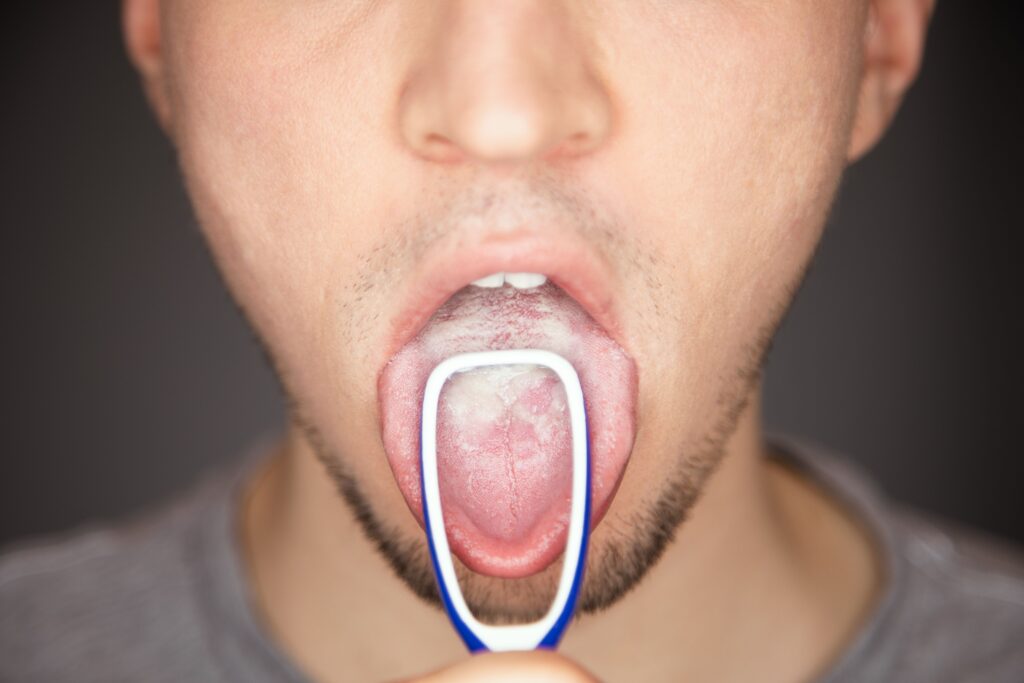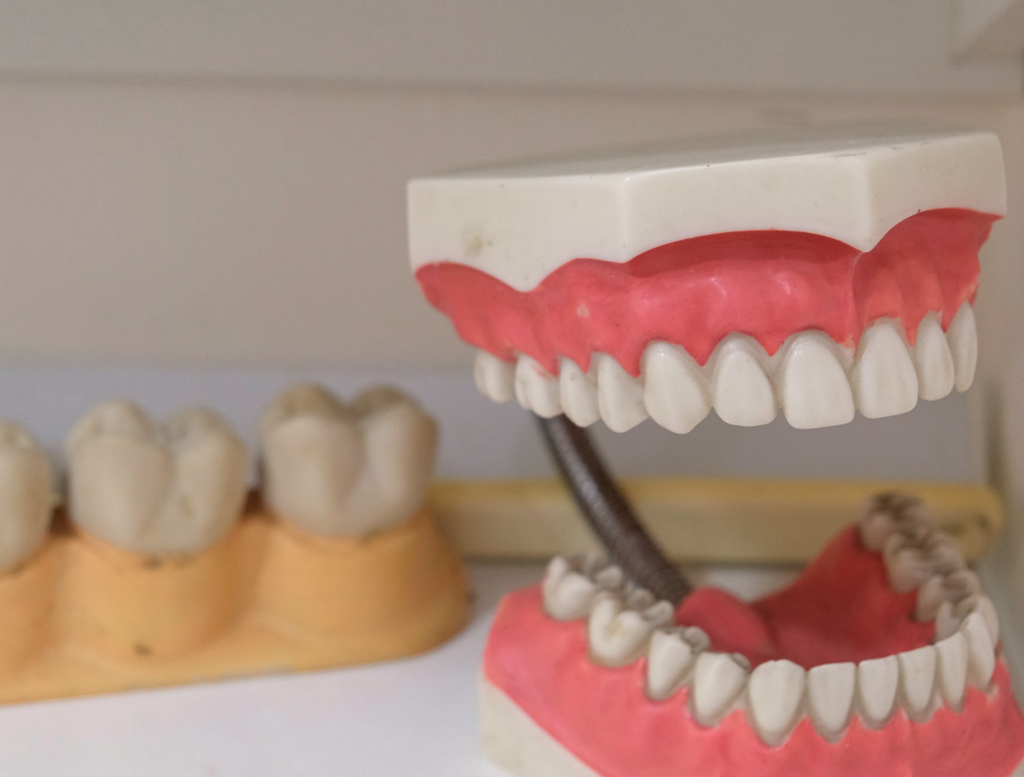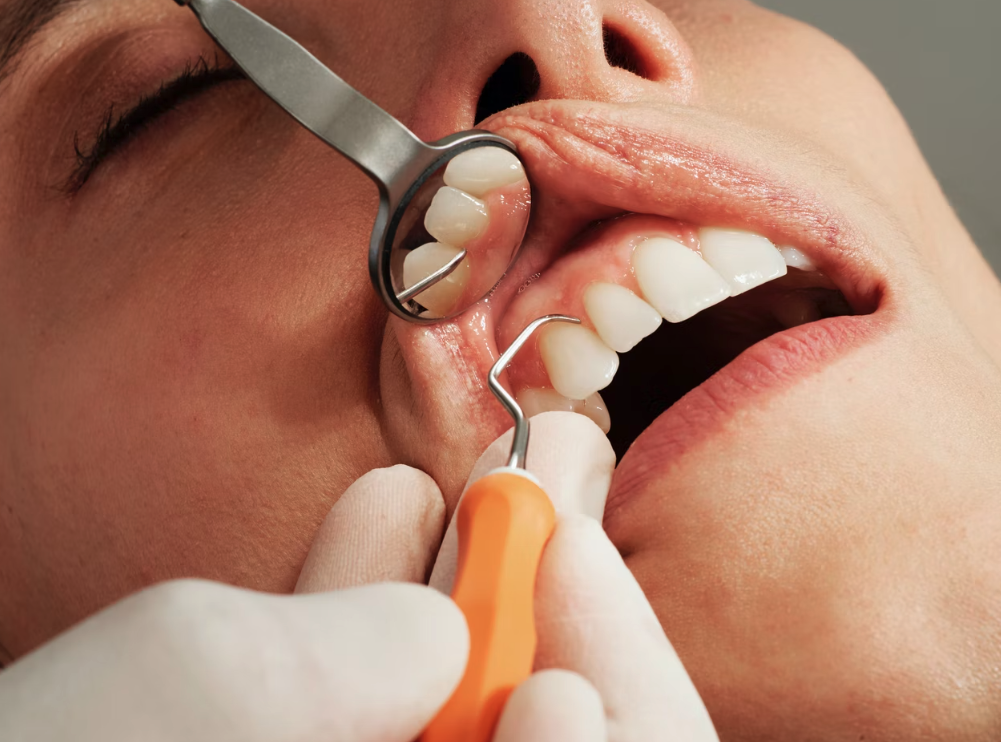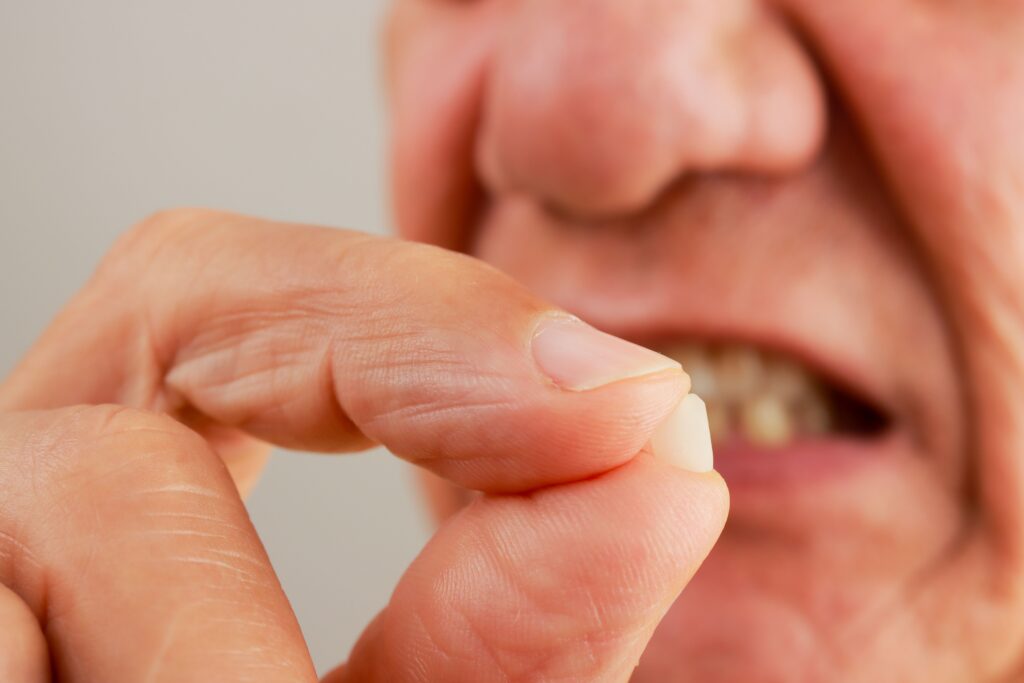Night guards are dental appliances used to protect teeth and jaws from grinding or clenching while sleeping. Grinding or clenching, also known as bruxism, can cause a variety of dental problems such as worn teeth, jaw pain, headaches, and even sleep disorders. The purpose of this article is to discuss the cost of night guards, including whether or not insurance covers them, the benefits of using night guards, and how to sleep with one.
A night guard can cost anywhere from a few hundred dollars to over $1,000. the price will depend on many things such as your location, your unique needs, and the dentist that you visit.
Is a Night Guard Covered by Insurance?
The cost of a night guard can vary depending on the type of guard, the materials used, and the dentist who makes it. Dental insurance may cover some or all of the cost of a night guard, but it depends on the type of insurance plan you have.
Most dental insurance plans cover night guards, but they may have specific requirements for coverage. For example, some plans may require that you have a certain level of dental damage before they will cover the cost of a night guard. Other plans may require that you get pre-authorization from the insurance company before you can get a night guard.
Coverage limitations may also apply to night guards. Some insurance plans may only cover a portion of the cost, leaving you with a significant out-of-pocket expense. Additionally, insurance plans may only cover certain types of night guards, such as those made from specific materials or by certain dentists.
Are Night Guards Worth It?

While night guards can be costly, they are often worth the investment. Night guards can prevent dental problems such as worn teeth, jaw pain, and headaches. They can also improve sleep quality by reducing the frequency and intensity of teeth grinding and clenching.
In addition to preventing dental problems and improving sleep, night guards can be cost-effective in the long run. Dental procedures to repair damage caused by bruxism can be expensive, and night guards can help prevent the need for these procedures.
Before purchasing a night guard, it’s important to consider the factors that can affect their cost, such as the type of guard and the materials used. Additionally, consulting with a dentist can help you determine the best type of night guard for your specific needs.
Do You Sleep with a Night Guard?
One common concern about night guards is how to sleep with them. It can take time to get used to wearing a night guard while sleeping, but there are strategies to make the process easier.
Some people experience discomfort when first wearing a night guard, but this typically goes away after a few days or weeks. Additionally, it’s important to make sure the night guard fits properly. An ill-fitting night guard can cause discomfort and may not be as effective.
Tips for sleeping with a night guard include:
- Wearing the night guard consistently to get used to it
- Cleaning the night guard regularly to prevent bacteria buildup
- Storing the night guard in a clean, dry container
- Avoiding alcohol and caffeine before bed, as they can worsen teeth grinding and clenching
Conclusion
In conclusion, night guards can be an effective solution for preventing dental problems and improving sleep quality. While they can be costly, dental insurance may cover some or all of the cost. It’s important to consult with a dentist to determine the best type of night guard for your needs and to ensure proper fit. With a little patience and practice, sleeping with a night guard can become a comfortable and effective habit.








